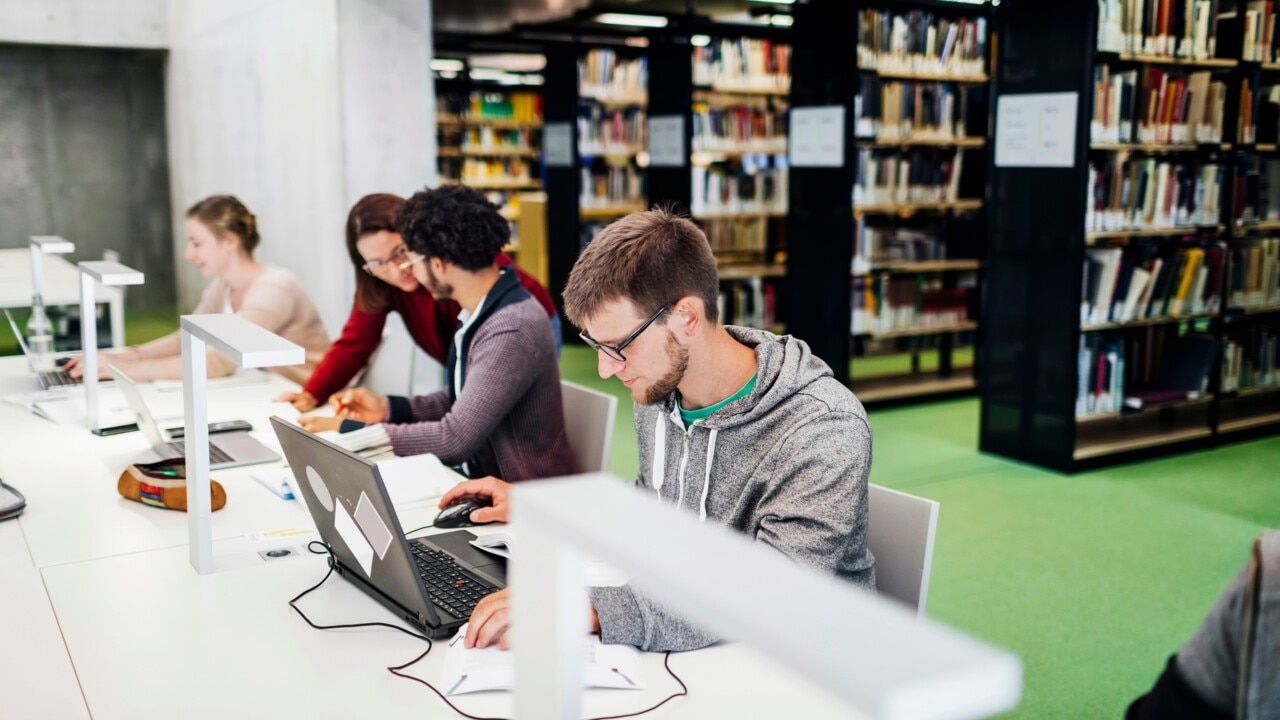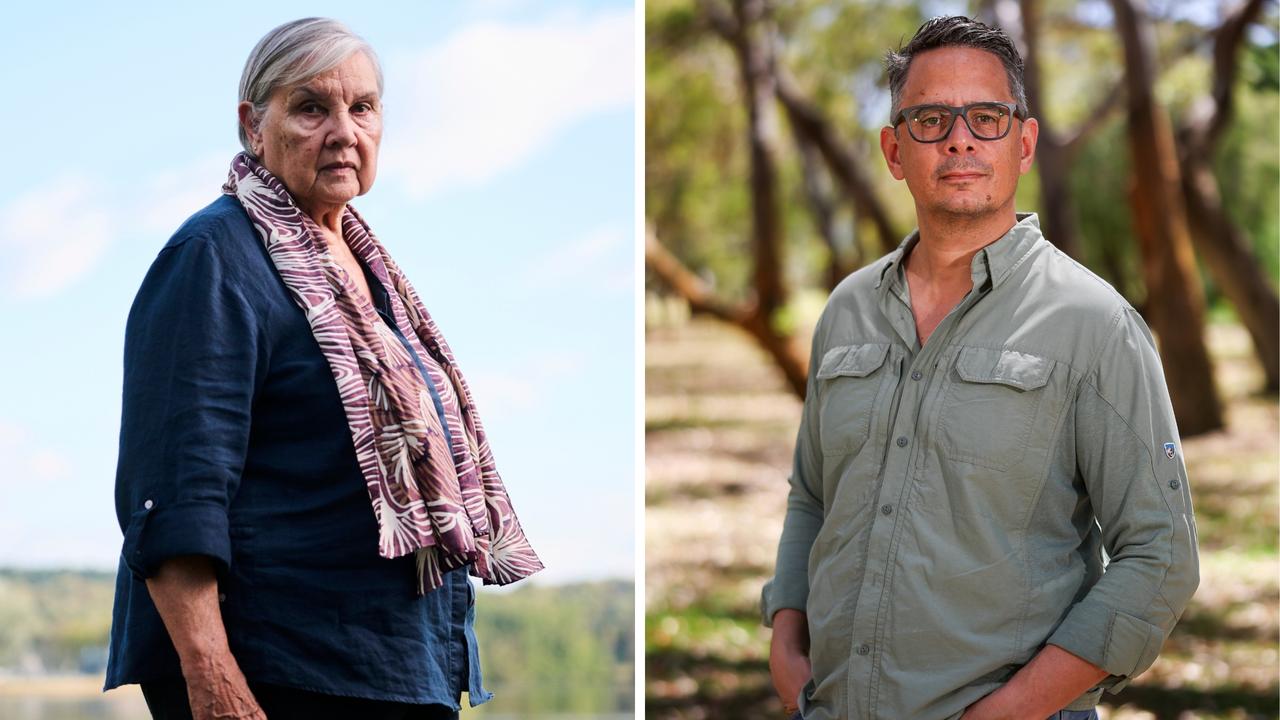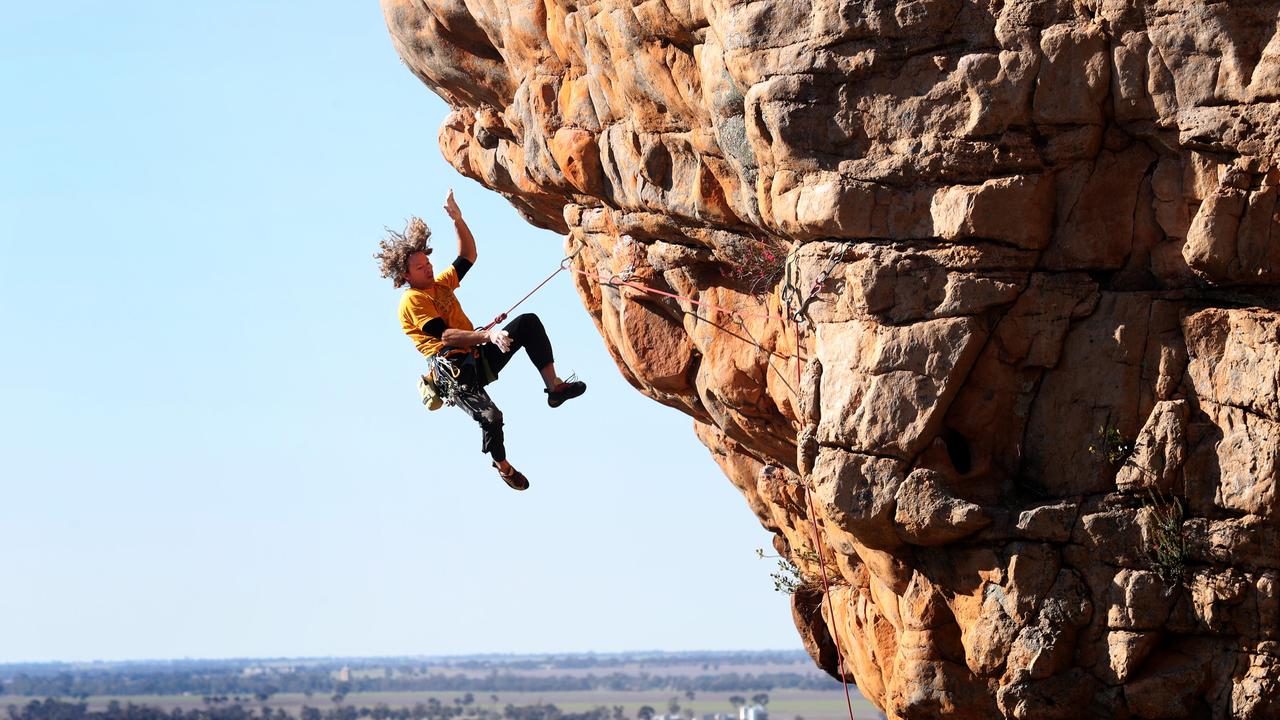Jacinta Nampijinpa Price says the increase to university places makes voice unnecessary
Labor’s plan to guarantee all Indigenous students a Commonwealth-supported place at university shows ‘we do not need a voice to parliament’, says Jacinta Nampijinpa Price.

Labor’s plan to guarantee all Indigenous students a commonwealth-supported place at university and consider setting up a First Nations higher education council to advise the sector shows “we do not need a voice to parliament”, opposition Indigenous Australians spokeswoman Jacinta Nampijinpa Price says.
Education Minister Jason Clare unveiled the changes this week, which ensure university places for all Indigenous students no matter where they live, and said he expected the measure could double the number of Aboriginal students entering university from 5000 to 10,000 by 2034.
He said the government was committed to reversing statistics that showed Indigenous boys were “more likely to go to jail than university”, with figures showing that while Indigenous Australians make up 4 per cent of the population, they accounted for 2 per cent of university enrolments.
University of Melbourne professor and prominent Indigenous leader Marcia Langton said the reforms would make “an enormous difference” in encouraging more Aboriginal Australians into university. “If you look at the data, all universities are a very long way from achieving parity in tertiary education outcomes for Indigenous people,” she said.
“There’s still a very large gap and there is an urgent necessity to professionalise the Indigenous workforce that is required, especially in health.”
But Senator Price used the announcement to argue it demonstrated the Indigenous voice to parliament was not necessary.
“It’s strange that on the same day the Prime Minister tells us we need the voice to make better decisions for Aboriginal people, his government then announces these changes,” she said.
“The fact that the government can make policy decisions like this one today that affect Indigenous Australians clearly shows we do not need a voice to parliament enshrined in our Constitution.”

The Universities Accord panel on Wednesday recommended in its interim report the government create a new First Nations higher education council.
“Under the aegis of the Tertiary Education Commission, a new First Nations higher education council could give voice to the needs, aspirations and know-how of community and lead a self-determined approach to funding and policy settings in relation to First Nations students, employment, teaching, research and engagement,” the report says.
“This approach, mirrored within individual universities, would allow funding and policy settings relating to First Nations students and research to be led by First Nations staff and communities, as is the case in some institutions today, and see that each institution engages with First Nations communities in their local area.”
The Australian Indigenous Education Foundation said the announcements from the government to increase Indigenous participation at universities was “fantastic”.
“There is definitely a high need for it because research has shown that when Indigenous students are well educated, there isn’t really any gap to close,” CEO Andrew Penfold he said.
Universities Australia chief executive Catriona Jackson said the sector had “long called for uncapped places for all Indigenous students” and the removal of barriers to a tertiary education for students from under-represented backgrounds.



To join the conversation, please log in. Don't have an account? Register
Join the conversation, you are commenting as Logout